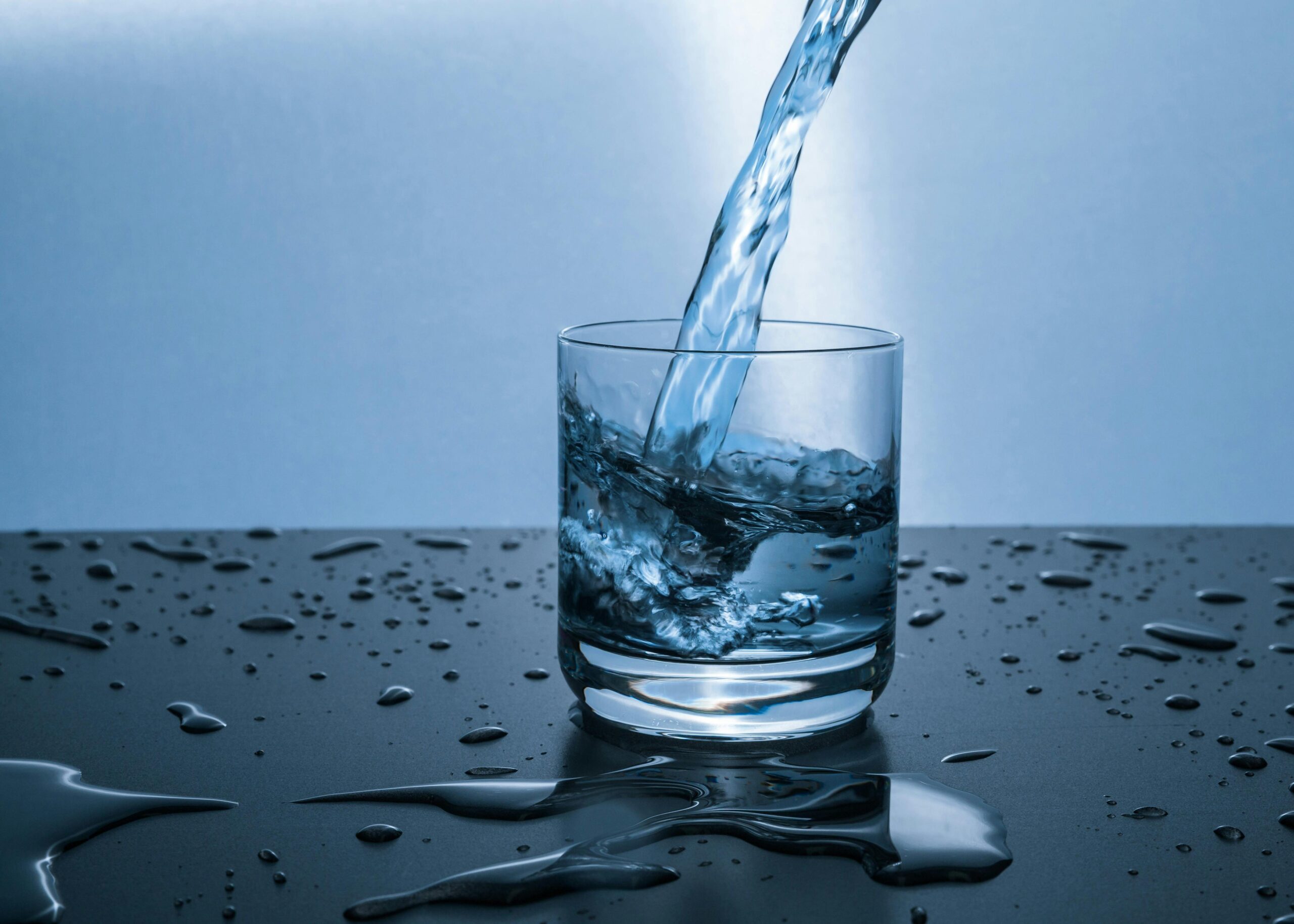New published research has found that chlorinating drinking water at levels common in the United States and European Union probably increases the risk of several cancers.
The process of disinfecting water with chlorine creates trihalomethane (THM) byproducts, which are found in virtually all public drinking water systems across the US and EU – nearly 300 million people in the US have concerning levels in their water, by one estimate.
While the chlorination process is a “cheap, effective, and readily available” method for killing organisms and infectious disease, it comes with trade-offs, the study’s authors wrote, including a 33% increased risk of bladder cancer and 15% increased risk of colorectal cancer.
“What we see is alarming and we need some more high quality studies,” Emilie Helte, a lead author with Karolinska Institutet in Sweden, said.
Covered in The Guardian
